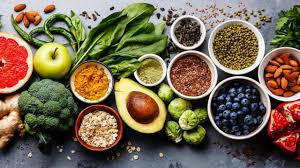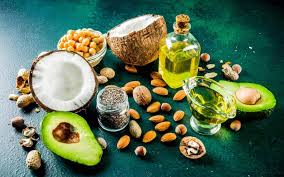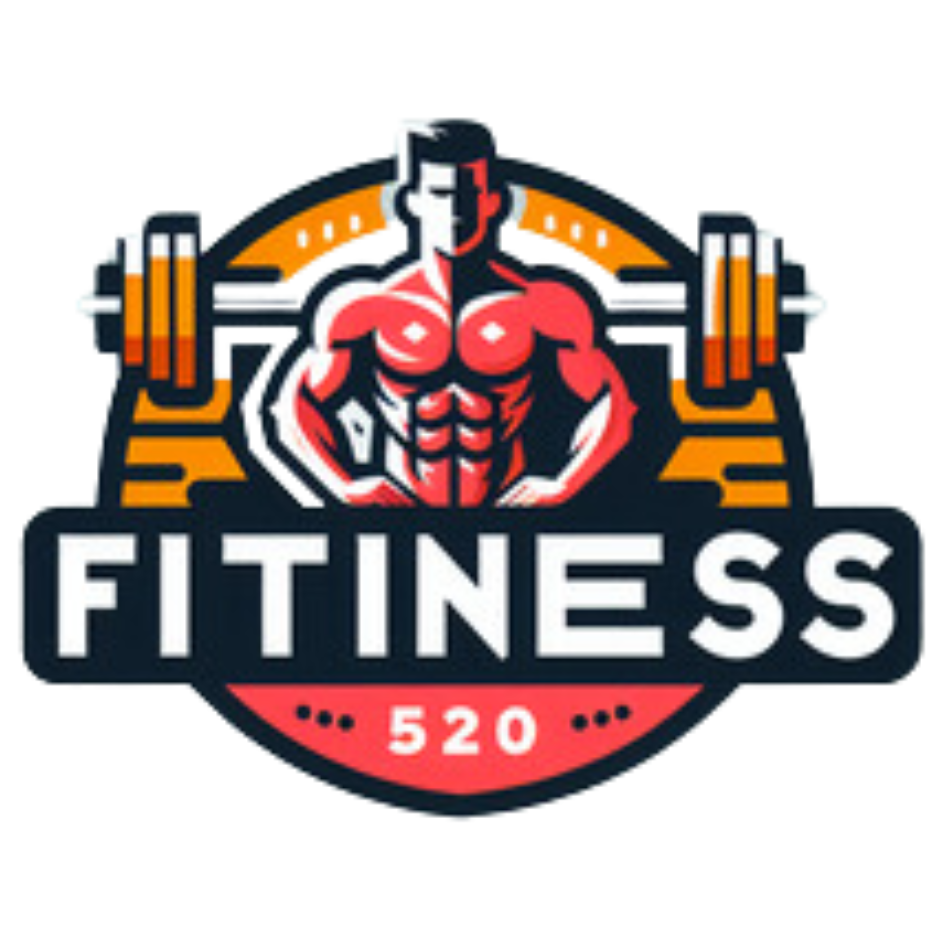In recent years, plant-based diets have gained widespread recognition for their health benefits, and more athletes are embracing veganism to enhance their performance and overall well-being. A plant-based diet, which excludes all animal products, can provide athletes with the necessary nutrients, energy, and recovery tools needed to excel in their respective sports. This comprehensive guide explores how vegan athletes can create effective plant-based diet plans to meet their unique nutritional needs and optimize their athletic performance.
1. Understanding the Plant-Based Diet

A plant-based diet focuses on consuming whole, minimally processed foods derived from plants. This includes fruits, vegetables, whole grains, legumes, nuts, and seeds. For vegan athletes, a well-planned diet not only supports athletic performance but also aligns with ethical and environmental values.
Key Components of a Plant-Based Diet:
- Fruits and Vegetables: Provide essential vitamins, minerals, and antioxidants.
- Whole Grains: Offer complex carbohydrates for sustained energy.
- Legumes: Include beans, lentils, and peas, which are rich in protein and fiber.
- Nuts and Seeds: Supply healthy fats and additional protein.
2. Nutritional Considerations for Vegan Athletes
To ensure a plant-based diet meets the demands of athletic training, attention must be paid to specific nutrients that are critical for performance and recovery:
2.1 Protein
Protein is essential for muscle repair and growth. Vegan athletes can obtain protein from:
- Legumes: Lentils, chickpeas, and black beans.
- Tofu and Tempeh: Soy-based products with high protein content.
- Seitan: A wheat-based protein that is versatile in cooking.
- Nuts and Seeds: Almonds, chia seeds, and hemp seeds.
2.2 Carbohydrates
Carbohydrates are the primary energy source for athletes. Vegan sources include:
- Whole Grains: Brown rice, quinoa, oats, and whole wheat products.
- Fruits: Bananas, berries, and apples.
- Vegetables: Sweet potatoes, corn, and peas.
2.3 Fats
Healthy fats are important for hormone production and energy. Vegan sources of fats include:
- Avocados: Rich in monounsaturated fats.
- Nuts and Seeds: Provide omega-3 and omega-6 fatty acids.
- Olive Oil: A healthy cooking oil choice.
2.4 Vitamins and Minerals
Certain vitamins and minerals require special attention:
- Vitamin B12: Typically found in animal products, so vegan athletes should consider fortified foods or supplements.
- Iron: Present in lentils, spinach, and fortified cereals. Consuming with vitamin C-rich foods like oranges can enhance absorption.
- Calcium: Found in fortified plant milks, tofu, and green leafy vegetables.
- Omega-3 Fatty Acids: Sourced from flaxseeds, chia seeds, and walnuts.
3. Sample Plant-Based Meal Plans
A well-balanced meal plan is crucial for meeting the energy and nutritional needs of vegan athletes. Here are sample meal plans for different training phases:
3.1 Pre-Workout Meal
A pre-workout meal should be rich in carbohydrates and moderate in protein to fuel the workout:
- Smoothie: Blend bananas, spinach, plant-based protein powder, almond milk, and a tablespoon of chia seeds.
- Oatmeal: Cook oats with almond milk and top with berries, flaxseeds, and a drizzle of maple syrup.
3.2 Post-Workout Meal
The post-workout meal should include protein and carbohydrates to aid in muscle recovery:
- Quinoa Salad: Mix cooked quinoa with black beans, corn, cherry tomatoes, avocado, and a lime dressing.
- Chickpea Stir-Fry: Sauté chickpeas with mixed vegetables (broccoli, bell peppers, carrots) and serve over brown rice.
3.3 Daily Snacks
Snacks should provide energy and additional nutrients:
- Energy Balls: Blend dates, nuts, seeds, and cocoa powder, then roll into bite-sized balls.
- Apple Slices with Almond Butter: A great source of protein and healthy fats.
4. Hydration and Recovery
Hydration is vital for athletic performance and recovery. Vegan athletes should:
- Drink Water: Maintain hydration throughout the day and during workouts.
- Electrolyte-Rich Drinks: Consider coconut water or homemade sports drinks with a pinch of salt and a splash of fruit juice.
Recovery is equally important and can be supported by:
- Post-Workout Smoothies: Include ingredients like spinach, banana, and protein powder to replenish nutrients.
- Anti-Inflammatory Foods: Incorporate turmeric, ginger, and berries to reduce inflammation and support recovery.
5. Supplementation for Vegan Athletes

While a well-planned plant-based diet can cover most nutritional needs, some supplements may be beneficial:
- Vitamin B12: Essential for nerve function and red blood cell production.
- Vitamin D: Supports bone health, particularly in regions with limited sunlight.
- Omega-3: Algal oil supplements can provide EPA and DHA, essential fatty acids.
6. Common Challenges and Solutions
6.1 Meeting Protein Needs
Challenge: Ensuring adequate protein intake on a vegan diet can be challenging.
Solution: Incorporate a variety of protein sources and consider protein powders if needed.
6.2 Iron Absorption
Challenge: Plant-based sources of iron are less readily absorbed.
Solution: Pair iron-rich foods with vitamin C sources to enhance absorption.
6.3 B12 Deficiency
Challenge: Vitamin B12 is not naturally present in plant foods.
Solution: Regularly consume fortified foods or take a B12 supplement.
7. Tips for Success
7.1 Plan Your Meals
Planning meals in advance helps ensure that you meet your nutritional needs and stay on track with your dietary goals.
7.2 Listen to Your Body
Pay attention to how your body responds to your diet and adjust as needed to optimize performance and health.
7.3 Consult with a Nutritionist
Working with a sports nutritionist who specializes in vegan diets can provide personalized guidance and support.
8. Conclusion
A plant-based diet can be highly effective for vegan athletes when carefully planned to meet their nutritional needs. By focusing on diverse protein sources, ample carbohydrates, healthy fats, and essential vitamins and minerals, vegan athletes can support their training, enhance performance, and achieve their athletic goals. With thoughtful meal planning, hydration, and supplementation, a vegan diet can be both nutritionally adequate and performance-enhancing. Embrace the principles of plant-based nutrition and enjoy the benefits of a diet that supports both athletic excellence and ethical values.



